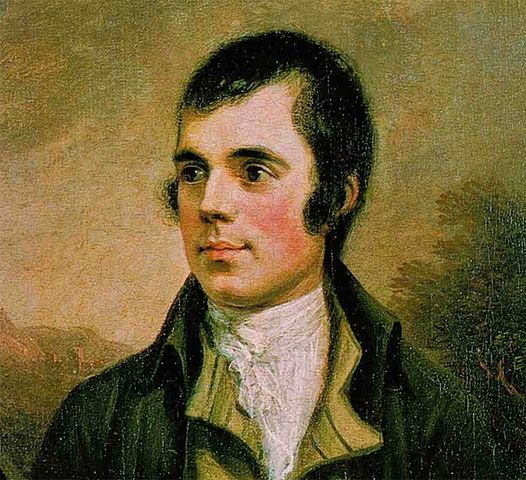
Who was Rabbie Burns?
Robert “Rabbie” Burns is one of Scotland’s most beloved and celebrated figures. Known throughout the world as the national poet of Scotland, Burns is also remembered for his contributions to the culture and literature of Scotland.
Early Years
Born in Alloway, Ayrshire on January 25, 1759, Robert Burns was the second of seven children. His father was a poor tenant farmer, and the family struggled to make ends meet. Despite their poverty however, the commitment of his father to his education ensured Burns received good schooling.
Famous Works
Burns’ early poetry was mostly written in the Scots language, a dialect of English spoken in Scotland. He wrote about love, politics, and life on the land. Burns’ most famous poem, Auld Lang Syne, is still sung today as a traditional New Year’s song. He also wrote many popular songs and poems, including John Anderson, my Jo, the ever popular To a Mouse, and My Heart’s in the Highlands. Burns was also a pioneer of the Romantic movement in Scotland, and his works revolved around celebrating Scotland’s distinctive landscape and culture. His love of nature was evident in his poetry, as he often used vivid descriptions of Scotland’s scenery and wildlife in his work.
Music, Hell-fire And Tragedy
Burns was also a talented musician, playing the violin, flute, and guitar. He was a member of a popular 18th-century literary group known as the “Edinburgh Hell-Fire Club.” This group was renowned for their wild literary parties and their drinking song was Auld Lang Syne. Sadly, Burns’ later years were full of financial struggles and personal tragedies, including the death of two of his children. He died in Dumfries, Scotland on July 21, 1796.
The Legacy Of Rabbie Burns
Burns’ legacy continues to live on today, with his work still widely read and performed. He is celebrated annually on Burns Night, when Scots gather to celebrate his life and works with whisky, haggis, and readings of his poetry. His influence can also be seen in other works of literature, as his ideas and style have been used and adapted by many other writers.
Rabbie Burns is remembered for his literature, and for the love for Scotland and her people he had, which shone within it. Now he is markedly celebrated on Burns Night, the 25th January. His poetry and songs have inspired generations of Scots and have been translated into many languages around the world. He is arguably Scotland’s most famous poet and is sure to remain a beloved figure in his native land.